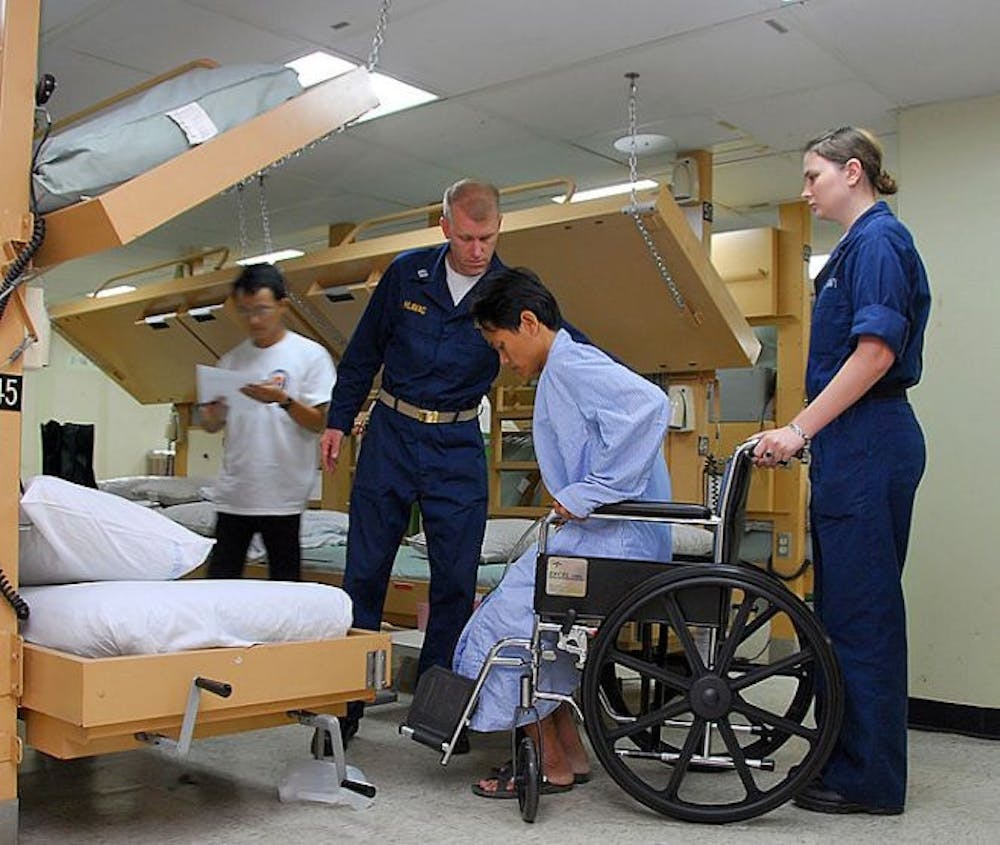After a stroke, medical personnel begin neurorehabilitation, which is the process of retraining undamaged parts of the brain to assume control of impaired functions, which is supposed to occur as soon as possible. If this rehabilitation therapy is not begun in a timely manner, the likelihood that survivors will be able to regain the skills undermined by the stroke diminish greatly.
Aiming to study the flexibility of this time-dependent recovery period, researchers at the Johns Hopkins School of Medicine conducted a series of experiments in which a mouse model was subjected to an induced stroke in the caudal forelimb area and was afterwards re-trained to learn a motor task. Featured in the October 2015 issue of the journal Stroke, the study examined the effects of the administration of fluoxetine on the post-stroke sensitive period, a narrow window of time during which physical therapy is the most effective in inducing the complete restoration of motor function. In this case, post-stroke mice were scrutinized for their ability to re-learn a pre-trained task — reaching for a food pellet through a narrow opening.
As is the case with post-stroke human patients, the time at which the re-training commenced determined the extent of the mouse’s recovery of its motor function. Mice that underwent training one day after the stroke regained their previous levels of success with the task prior to the stroke. If the initiation of the training was delayed to seven days after the stroke, however, the mice were markedly less efficient in their ability to grab the pellet and eat it without dropping it or otherwise losing control of it. Only when the mice were injected with fluoxetine on a daily basis beginning 24 hours after the stroke did the mice demonstrate substantial recovery. Before the stroke, the rodents had improved their ability to reach for the pellet by about 3.4 percent per day. The group of mice that received fluoxetine showed a return to pre-stroke success rates with a daily increase of 4.5 percent correct reaches. On the other hand, the group of mice that were subjected to daily injections of a saline solution re-learned the motor skill at only 1.7 percent of accurate reaches per day.
The timing of the fluoxetine injections was also central to the recovery of the motor function. When fluoxetine injection was begun a week after the stroke, in conjunction with rehabilitation therapy, the mice learned at a rate of 0.98 percent per day, which is scarcely different from the 0.73 percent learned by the control group of rodents injected with a saline solution. Early intervention, be it immediate rehabilitation therapy or the administration of the fluoxetine, allowed mice to completely re-learn and master the task.
The exact mechanism by which fluoxetine elongates the recovery period remains unknown. The researchers of this study, however, have dismissed the claim that fluoxetine aids recovery by inducing a neuroprotective effect or by reducing the stroke volume. When the scientists assessed the possible neuroprotective benefits of fluoxetine, they discovered that more neuronal death had occurred in the mice that received fluoxetine. The differences in stroke volume between the rodents that were given fluoxetine and the ones that were not given any drugs were minimal.
Another possible mechanism by which fluoxetine influences post-stroke recovery is its stimulation of synaptic plasticity. It was noted that a significantly decreased parvalbumin expression characterized the rodents that were given fluoxetine 24 hours after the stroke, indicating the importance of the excitatory and inhibitory neuronal balance during the post-stroke sensitive period. The researchers postulate that fluoxetine promotes reorganization in undamaged cortical areas of the brain.
While the post-stroke sensitive period in rodents cannot be exactly translated to that in humans due to differences in size and metabolism of the central nervous system, the data provide compelling evidence that fluoxetine has the potential to become a crucial agent of enhancing human neurorehabilitation therapy.

















